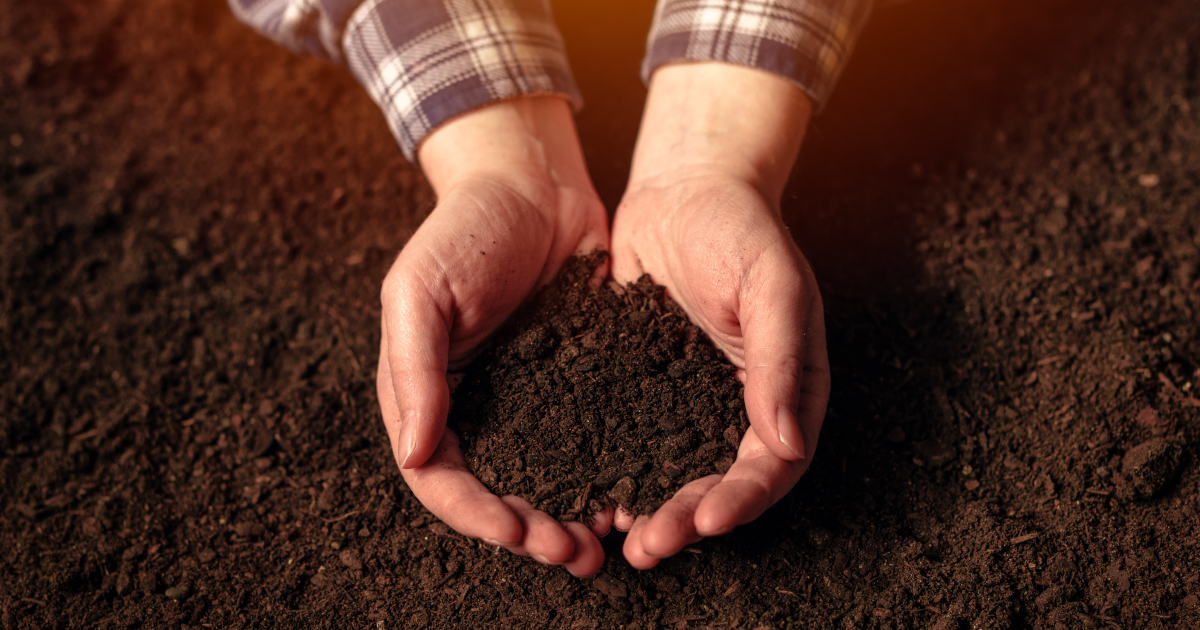
Why This Scientist Studies Soil, the ‘Thin Veneer’ Upon Which Life Depends
Claudia Christine Avila brings her Mexican-American roots to her research – and believes cultural appreciation for land makes a difference.
December 12, 2023 | Source: The Story Exchange | by Heather Hansen
For as long as she can remember, Claudia Christine Avila would spend time with her Mexican-born mother tending a vegetable plot at their southern California home. “There’s pictures of my mom with me strapped on her back … because I always gardened with her,” she says. Her mother’s “love language,” says Avila, is to make salsa from tomatoes cultivated in her own patch of earth.
Avila, now a soil biogeochemist and assistant professor at the University of San Diego, believes that early passion for gardening and the experiences of the many farmworkers in her family led to her study of environmental sciences. And it’s why she decided to teach students about soils which, she says, “are the most important and overlooked resources on Earth, a thin veneer upon which life on Earth depends.”
“It’s really powerful for people to be connected to the land,” she says, “and actually listen to what the soil is telling you.”
Avila teaches her students that soils provide a variety of ecosystem services like storing and filtering water and acting as a medium for plant growth and food security, a carbon sink, and a habitat for billions of organisms. Soils are a living, dynamic entity that change and develop—and can be harmed or helped—based on human activity. And that can have dramatic impacts on people’s lives and livelihoods, she says.
